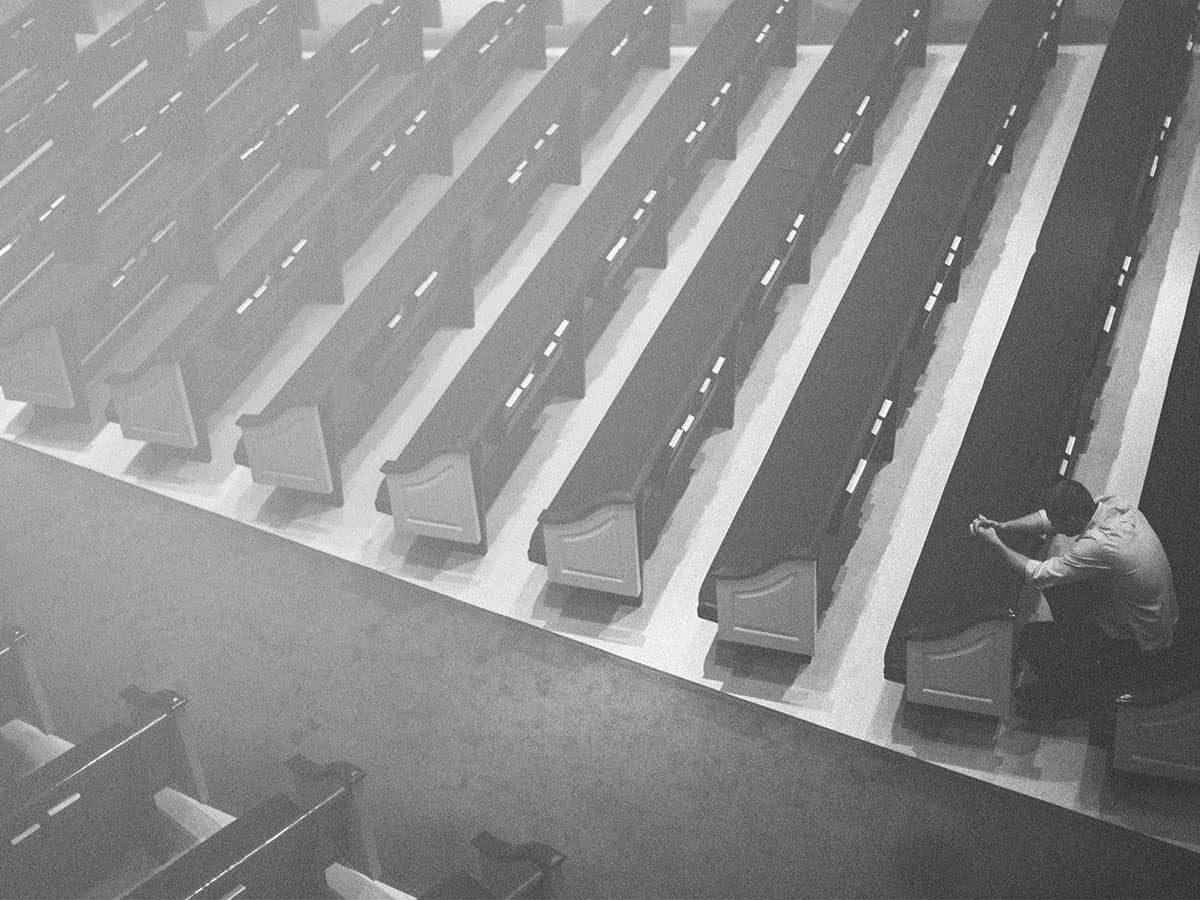Most of the minds and moneymen at the Internet Everywhere conference focused on two questions: First, how can we get the Internet out of our computers and into everything else--cars, television sets, kitchen appliances, supermarket carts, personal organizers, cell phones, and wristwatches? And second, who's going to make the most money off "constant connectivity"?
Quietly sandwiched between presentations by executives from Intel, IBM, AOL, MSNBC, and dozens of other Internet companies was Tom Mahon, a guy with another question: Do we really want to be connected to the Internet seven days a week and 24 hours a day? What's the social and spiritual fallout, he asks, from constant connectivity?
Mahon, a Silicon Valley ethicist, suggested that conference delegates turn to ancient "user manuals" like the Bible, the Koran, or Buddhist sutras and see what they have to say about "accessing our own inner technology." Mahon says that all religious traditions talk about the value of moderation, but that's often forgotten in our headlong rush into the future. We're producing a portable society of stressed-out workaholics with no time for thought or reflection.
"We have to stop making things just because we can and stop re-engineering ourselves to fit the technology," he says. "We get faster, and we get more frustrated. Interactivity becomes hyperactivity. We need to pause, we need to breathe. We're talking about 'smart refrigerators' when 70 percent of the world doesn't have food to put in a refrigerator." Mahon is no Luddite. He sees the obvious value in the Internet. But he questions the temptation of turning that tool into a lifestyle.
"Constant connectivity isn't that much different from a dial tone," he says. "We have these things called telephones. We can pick them up anytime and call anyplace in the world. But we don't sit there all day and listen to the dial tone."
Because he's worried about the spiritual effects of that steady buzz, Mahon has tried--unsuccessfully--to interest divinity schools in studying Internet marketing and runaway technology as theological issues in the new century.
Mahon is not the only voice calling for Internet sanity. Two California computer scientists, Peter Neumann and Lauren Weinstein, recently started a project called People for Internet Responsibility. They recall that quaint time, just a few years ago, when the Internet was about collaboration and new kinds of community, not a place dominated by e-commerce and advertising.
Ken Freed, the publisher of Media Visions, moderated a panel at the Internet Everywhere conference called "Online Living." He began by warning the assembled entrepreneurs that a consumer backlash is building. "People are turning numb," he said. "It's future shock. There's a high risk of people being overwhelmed by all this. More and more people are going to run away and put their head in the sand."
John Naisbitt, the author of "Megatrends," also talks about these issues in his new book, "High Tech, High Touch--Technology and the Search for Meaning." Naisbitt warns that we're living in a "technologically intoxicated zone," a confusing and distracting state where we both fear and worship technology.
Of course, there is a middle way between totally unplugging and our addiction to high-tech toys. Mahon suggests a "data Sabbath," when we turn off our computers and televisions for a day and allow ourselves time for deeper reflection. That might help us see that we're drowning in information and starved for wisdom.
Theological issues inspired by Silicon Valley go much deeper than this barrage of marketing and its effect on human self-worth. Rapid advances in computing power, robotics, nanotechnology, and genetic engineering will soon blur the boundary between people and machines. Exponential increases in the power and miniaturization of computers may soon create artificial intelligence that surpasses human ingenuity. Indeed, Internet brain chips are not far behind.
This prospect has finally sparked the beginnings of a theological debate in Silicon Valley, including a recent seminar at Stanford University entitled "Will Spiritual Robots Replace Humanity by 2100?" That symposium featured Ray Kurzweil, author of the much-discussed book "The Age of Spiritual Machines," and Bill Joy, the co-founder and chief scientist at Sun Microsystems.
In a long article in the April edition of Wired magazine, Joy struggled with the near-term possibility of "sentient robots." By 2030, Joy predicts we will be able to build machines, in quantity, that are a million times as powerful as today's personal computers. "The new Pandora's boxes of genetics, nanotechnology, and robotics are almost open, yet we seem hardly to have noticed," Joy writes. "We are being propelled into this new century with no plan, no control and no brakes."
Joy concludes his Wired manifesto with a call for the industry to consider the vision of the Dalai Lama in his recent book, "Ethics for the New Millennium." In it, the Buddhist leader urges individuals to conduct their lives with love and compassion, and for societies to cultivate greater awareness of universal responsibility and interdependency. Of course, these teachings are also at the core of Christianity and the other great faith traditions.
Churches and seminaries must address the issues raised by Joy, Kurzweil, and other scientists in the field of artificial intelligence, much like religious leaders have begun to do with cloning and genetic technology. Government leaders must look at whether--and how--they can control this new technology, much like they've begun to do with nuclear-weapons testing and biological and chemical warfare.
Whether the issue is marketing and self-worth, or technology and the rise of "spiritual machines," the basic issue is placing our humanity before selfishness and greed. "We can't leave it to the marketplace," Mahon says. "This raises technology to the level of God. It is very scary."

